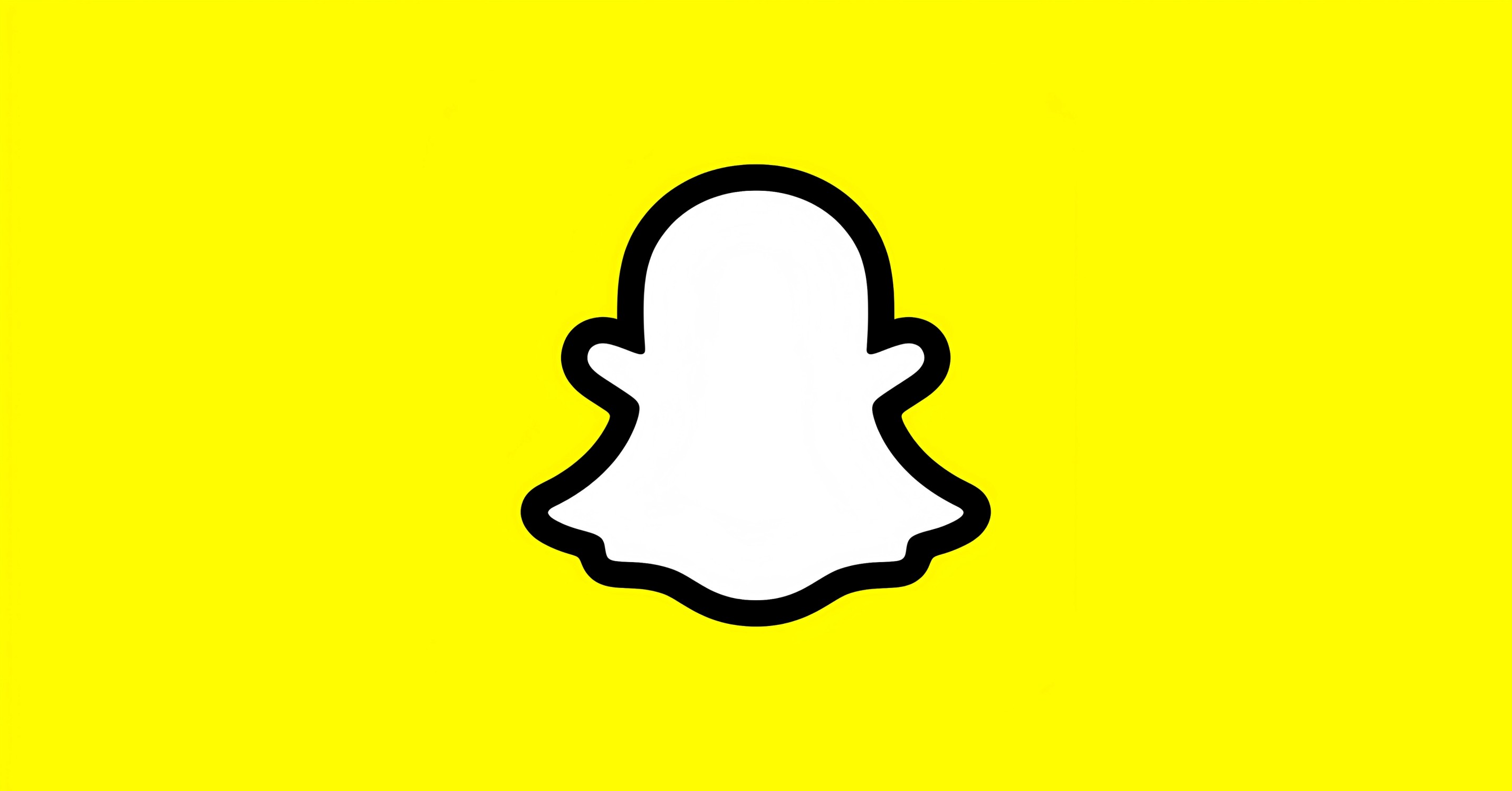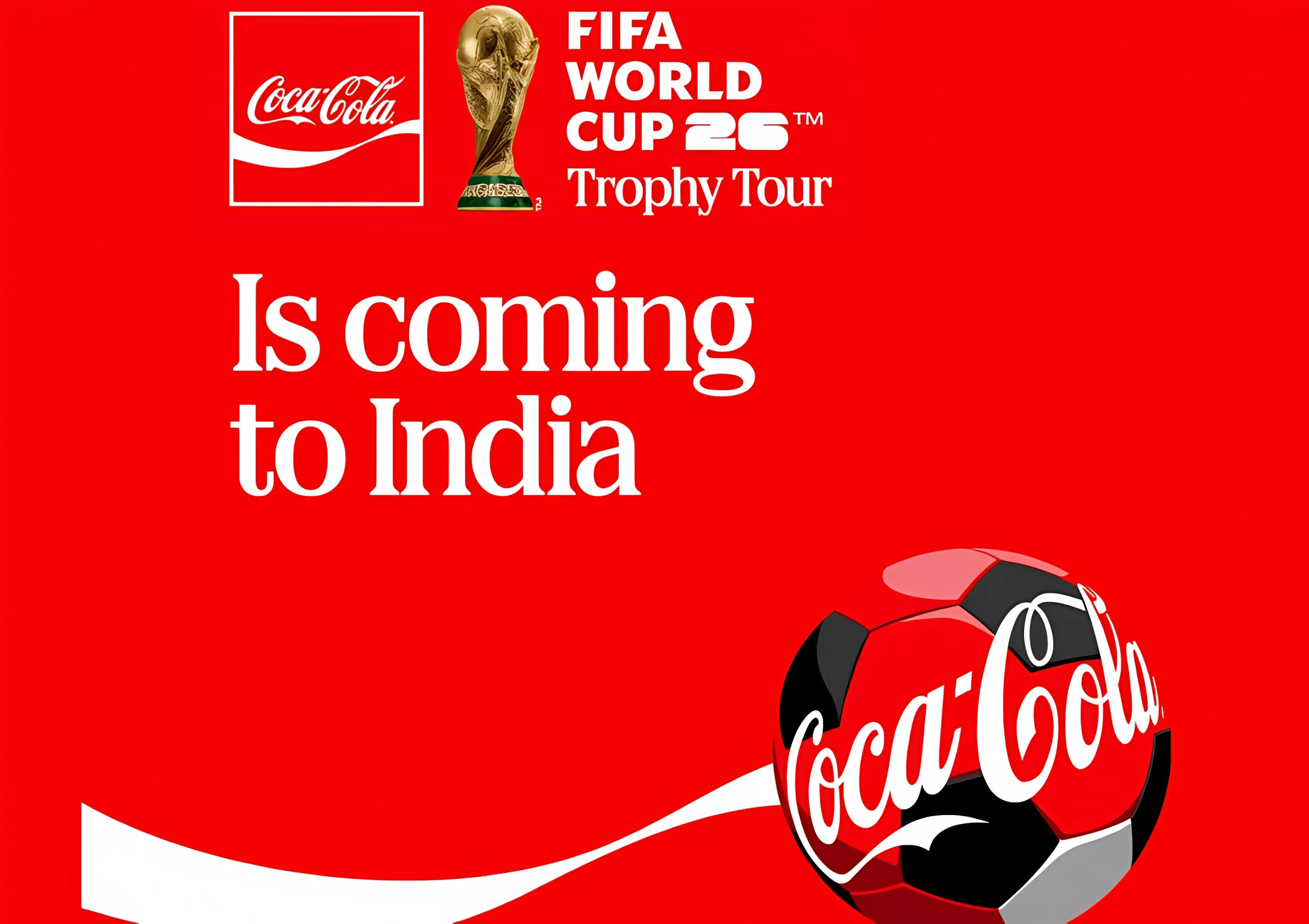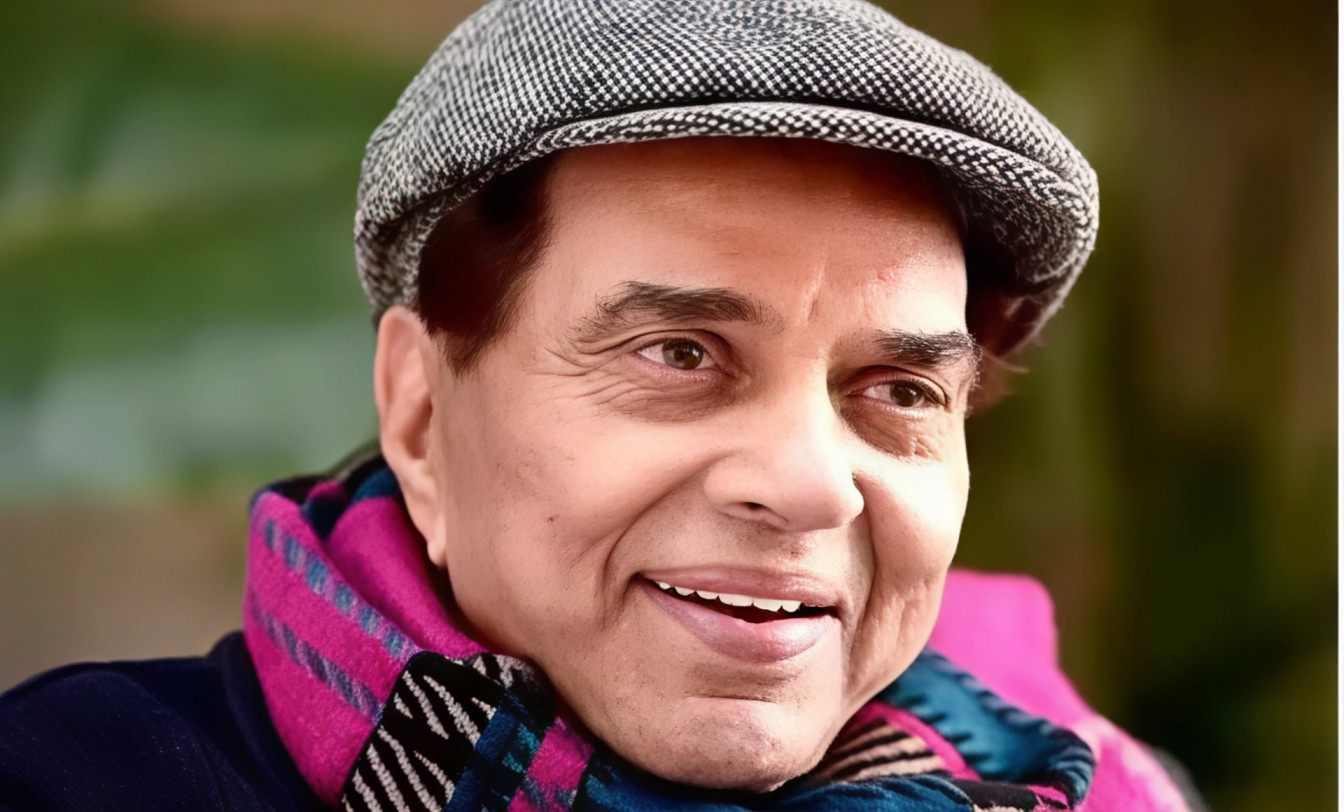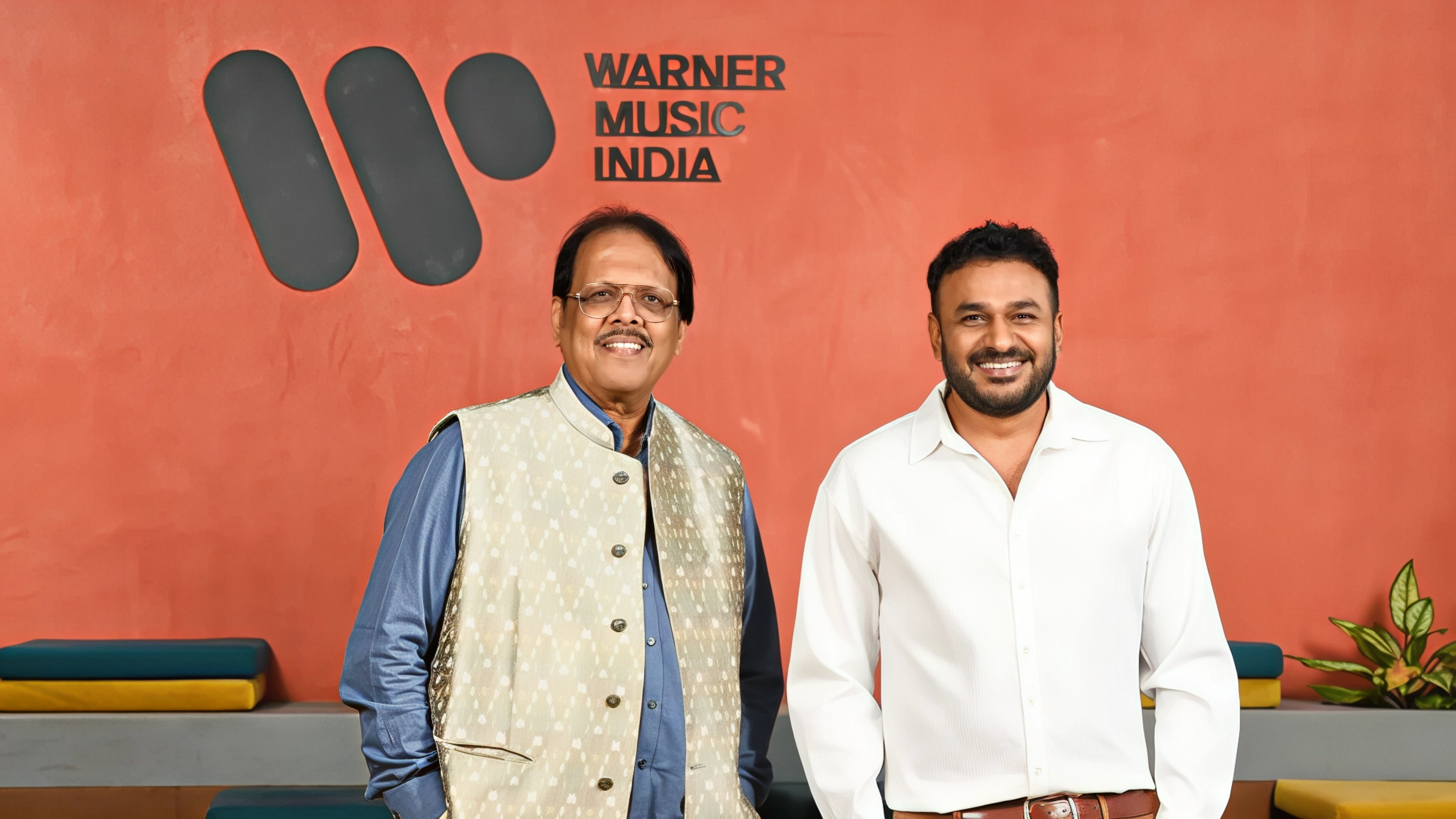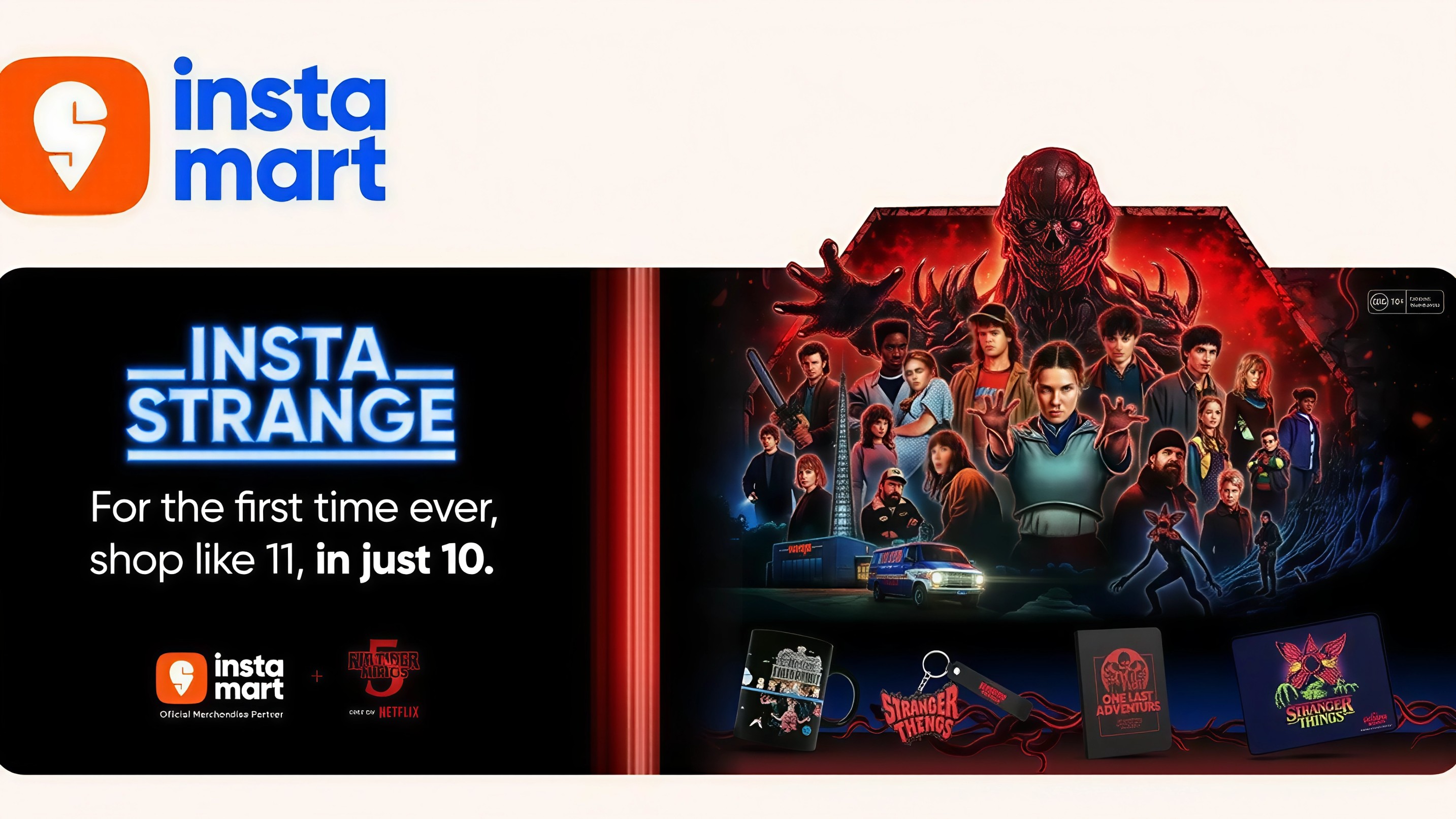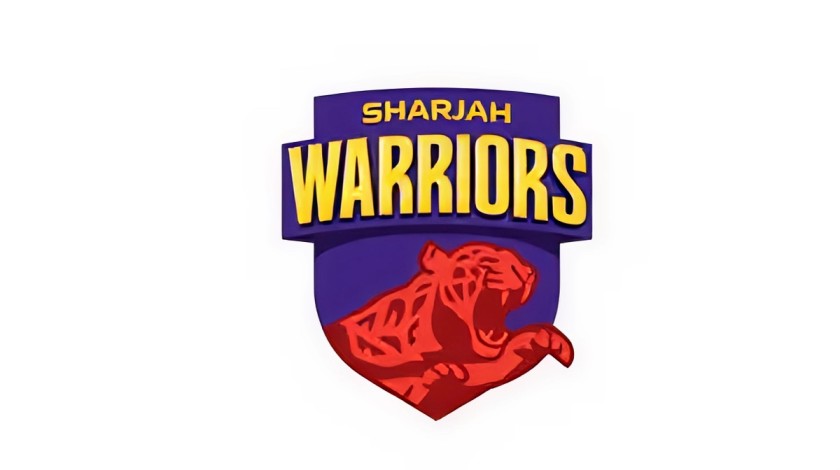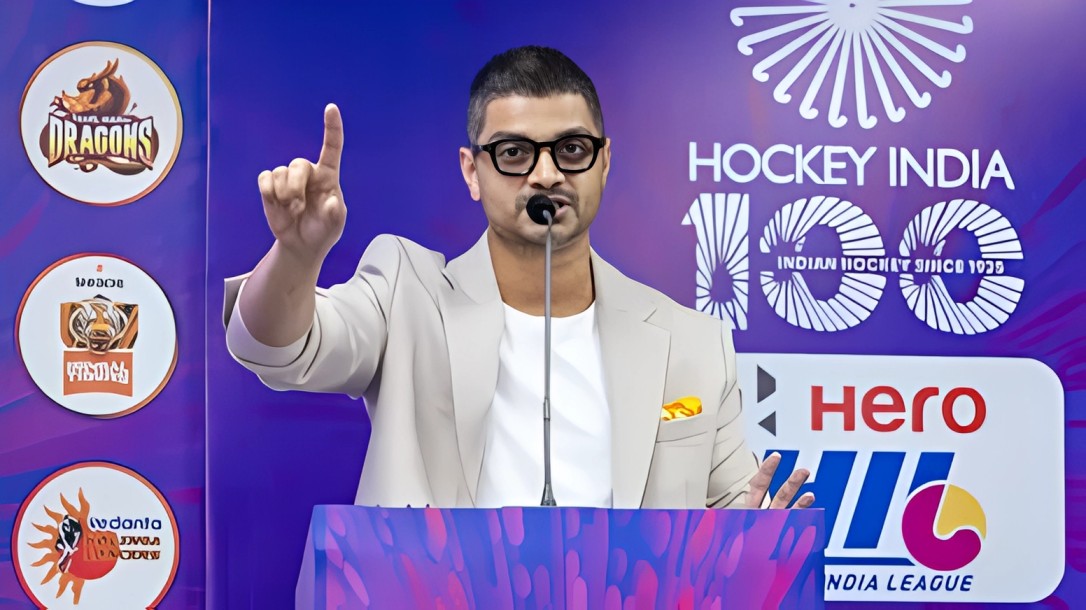When Hindustan Unilever acquired a majority stake in Minimalist for over two thousand seven hundred crore rupees, it looked like a dream outcome for one of India’s most beloved skincare startups. But Shantanu Deshpande, the founder of Bombay Shaving Company, is not so sure that dream will last. In a candid and widely discussed LinkedIn post, he shared a perspective that has the entire D2C world paying attention.

According to Deshpande, there is a real possibility that Minimalist as a brand may fade into irrelevance within the next three to five years. Not because the product is weak or the team was lacking, but because that is what often happens when passion-led companies get absorbed into massive corporate structures. He is not being cynical, he is being realistic. Founders have exited, key champions inside HUL have moved on, and the brand now sits inside an ecosystem where its identity may struggle to survive.
Deshpande does not blame the founders for cashing out. In fact, he openly says he would have done the same. He also acknowledges the size of the deal and the impressive scale that Minimalist achieved before the acquisition. But that is exactly why he finds the next phase risky. Without the original DNA driving it, the brand may lose its direction.
ADVERTISEMENT
He explains how integration often changes a brand’s rhythm. Innovation slows down, decision-making stretches out, and the ability to take bold bets gets diluted by layers of approval. That energy which made Minimalist stand out in a crowded skincare market might be the first thing to go. And in a category where new players launch every week, that kind of slowdown can be dangerous.

Deshpande also brings up how easy it is to replicate skincare products. Minimalist, after all, built its early momentum by simplifying existing products with better ingredients and cleaner communication. That strategy worked because they were fast, responsive and independent. But now, the competition has caught up. And without agility, it may be harder to maintain an edge.
He also highlights the financial pressure that comes with being part of a large company. Metrics like Return on Ad Spend and Return on Capital Employed start dominating conversations, often at the expense of brand building and long-term vision. This is where many once-loved D2C brands have gone quiet. They are still around, but the spark is missing. Deshpande worries Minimalist could join that list.
Despite his prediction, Deshpande closes on a hopeful note. He says he badly wants to be wrong. He wants Minimalist to thrive. He wants the acquisition to be an example of how big companies can nurture what makes smaller brands special. But he also knows the odds.
ADVERTISEMENT
This is not just a post about one deal. It is a broader reflection on the challenge of scaling soul. Of keeping the original energy alive when everything changes. And of how the biggest risk to a great brand is not failure but fading away without anyone noticing.
Follow Marketing Moves on Instagram and Facebook for more real stories from the frontlines of branding, strategy and business transitions.



